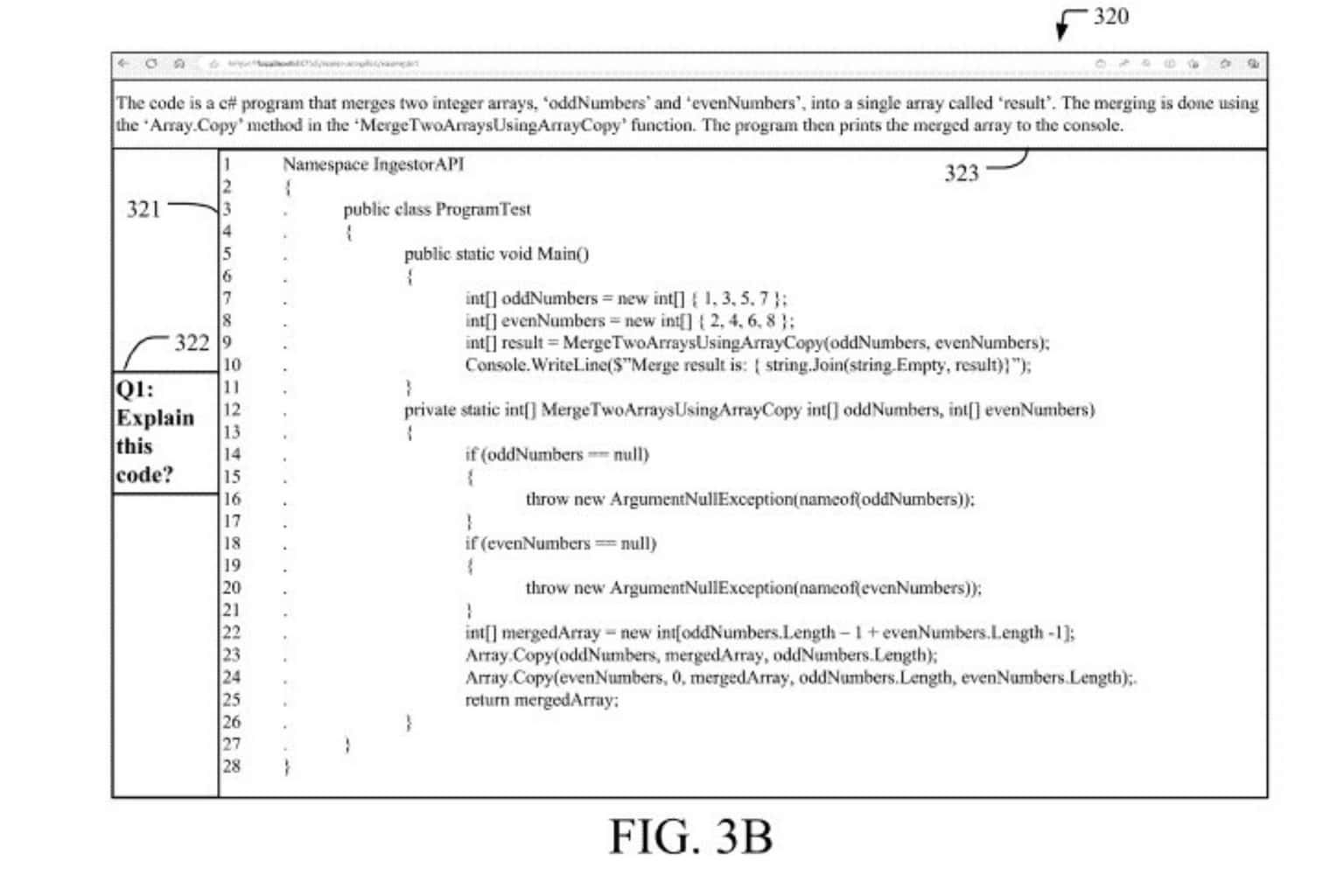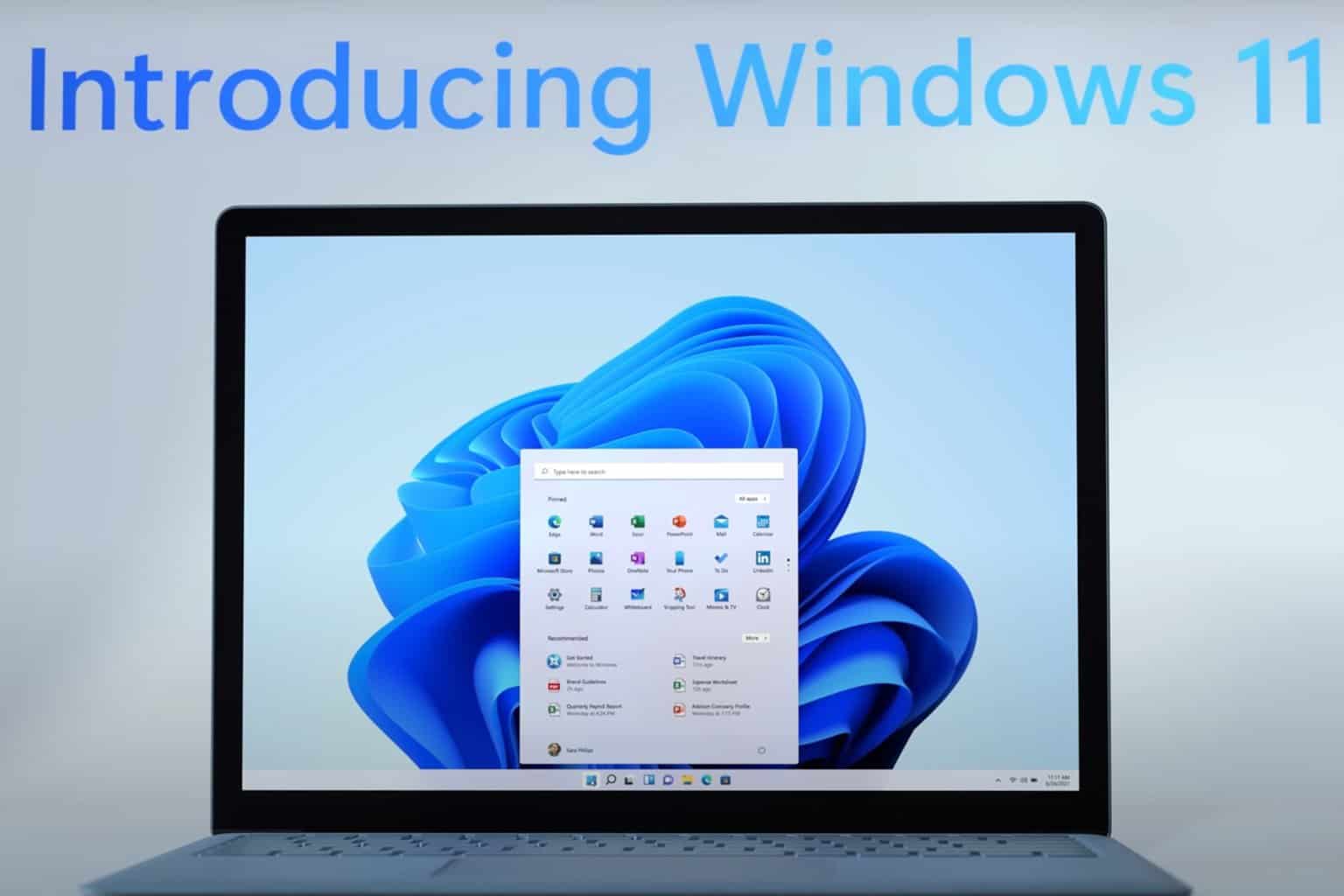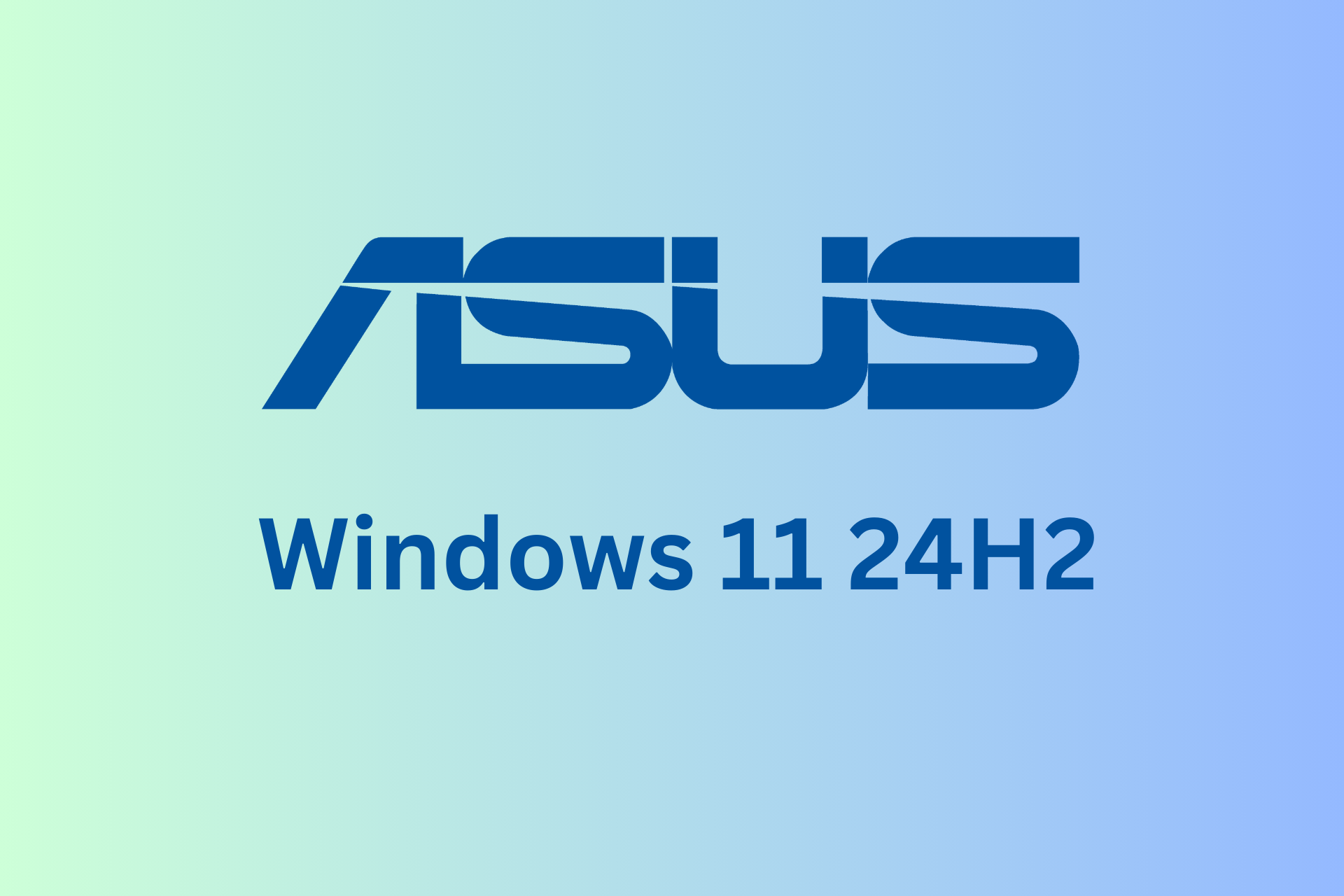Microsoft wants to resolve the EU antitrust investigation and will provide more assistance
Microsoft bundled its Teams platform with its 365 Suite.
2 min. read
Published on
Read our disclosure page to find out how can you help Windows Report sustain the editorial team. Read more

Microsoft is caught in a swirl in the world of tech powerhouses and fights about rules. The matter? The European Union (EU) has become curious about how Microsoft bundles its Teams app with the Office suite, which has started discussing fair competition ways. This worry started when Slack, a direct rival in collaboration software, complained.
Because of this complaint, the European Union started an antitrust investigation in 2023. Even though Microsoft has tried to separate Teams from Office by making it its product offering (and not just a part of Office), it still faces possible charges under antitrust laws.
According to reports, Microsoft’s top management had meetings with EU authorities, and both parties agreed to discuss the matter, but uncertainty prevails as we move ahead.
The EU investigation into whether Microsoft’s bundling practice can be seen by many as abusing its major market role. The tying approach is being questioned for potentially limiting competition in the collaboration software.
Microsoft, during this period, did not rest without making moves. The company has taken steps to deal with these concerns, such as separating Teams from Offices in Europe and worldwide.
However, the expectation of an official charge sheet from the EU implies that these actions may not suffice. Microsoft’s willingness to go further indicates a forward-thinking position. However, we still need details about those extra actions and whether they meet regulatory requirements.
This case has wider effects, making it more interesting. It’s related to Teams or Office and how big technology companies manage the complicated world of global rules and systems.
They work to maintain a favorable atmosphere for innovation and competition in their industry. Microsoft’s experience with this regulatory puzzle reveals the careful line between using market power and following principles of fair competition.
We might ask if Microsoft’s actions sufficiently pacify EU regulators regarding the Teams bundle. But more crucially, what does this imply for collaboration software’s future?
In a sphere where competition and invention are vital for market advancement, how this situation plays out holds much significance. It is difficult to predict precisely; however, one thing is certain: this investigation may establish an example of how tech companies package their offerings together, thus shaping the competition environment in upcoming years.









User forum
0 messages